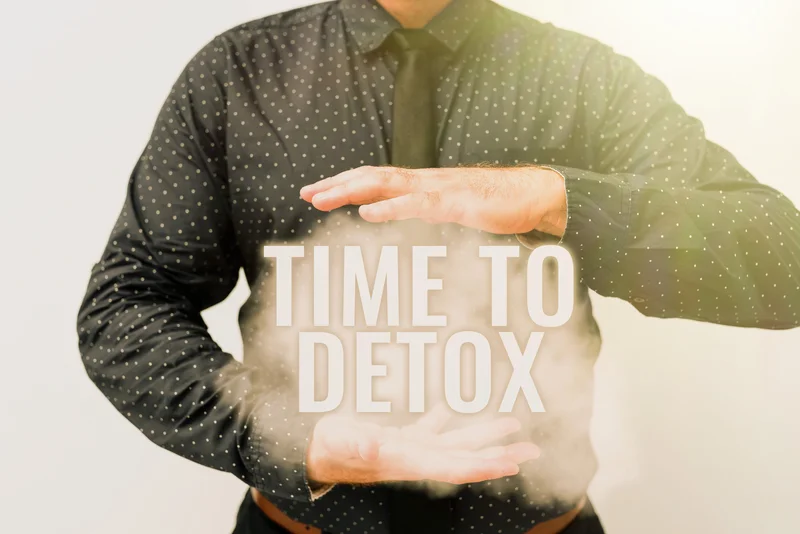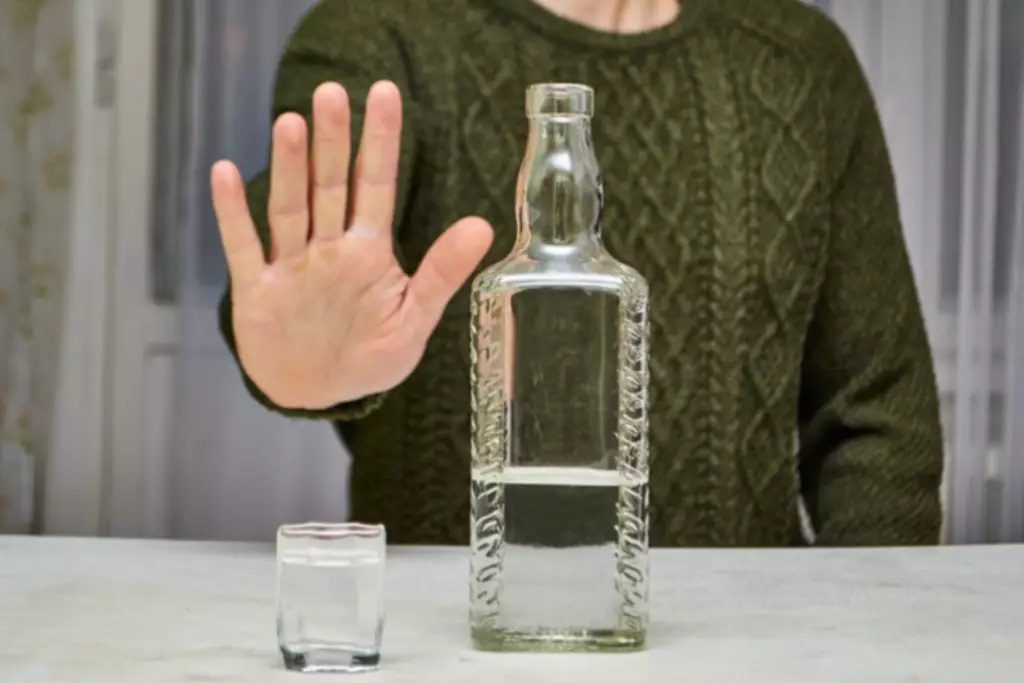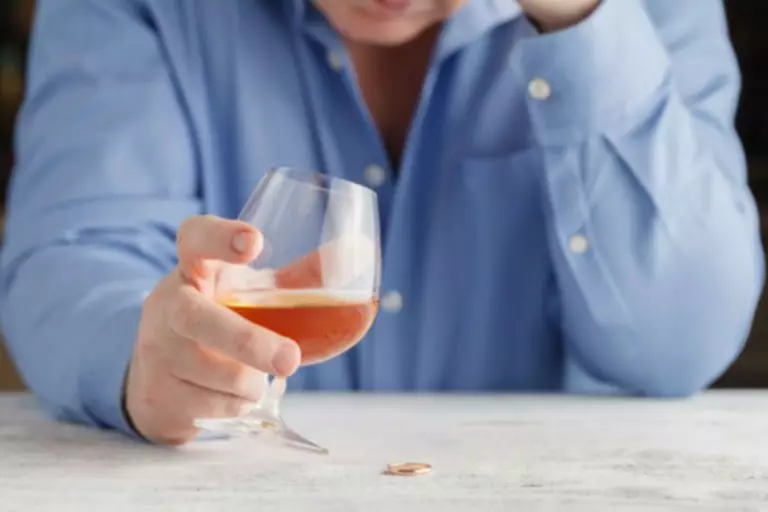
Those who try to kick their habit can experience severe, sometimes life-threatening withdrawal symptoms, including tremors, pain in the bones and muscles, throbbing headache, nausea, vomiting, and depression. Psychiatrists and researchers studying addiction report that pleasure-seeking is just one of the many factors contributing to addiction. Many experts claim that the picture is much bigger, and in fact, it may result from learned behaviors that make users regularly seek out addictive substances.
Psychoactive Effects of CBD
Rapid drug detox accelerates withdrawal with medication to cleanse the body, offering quicker recovery but requiring ongoing therapy and aftercare for long-term success. They require specialized tools and careful dosing due to their potency and health risks. Side effects, HR and BP were measured three times on abstinent sessions, therefore these data were analysed with a 2 CBD, PBO) × 3 T1 (pre‐drug), T2, T3 ANOVA. Interactions between condition and time were assessed with post‐hoc comparisons, Bonferroni‐corrected locally within each omnibus term. AB to pictorial tobacco cues was recorded using a visual probe task and an explicit rating task.
Substances
People use CBD to manage their daily stresses by reducing anxiety, but reports from CBD users and preclinical studies suggest that CBD oil has remarkable medicinal alcoholism symptoms potential. Thus, CBD does not appear to have an impact on stimulants’ rewarding effect, but one study suggests that it may influence addictive behaviors during the relapse phase. They found that CBD inhibited the decrease of the ICSS threshold by morphine and thus its reward-facilitating effect, without influencing motor function.

Why some people feel dependent on CBD
After a careful review of articles, seven of those were excluded because their outcomes did not fit the purpose of this review or because they were duplicated (Supplementary Table 2 provides description of the excluded studies). Of the preclinical studies, five dealt with opioid, one with psychostimulant, one with opioid and psychostimulant, and two with cannabis addiction. Of the studies involving humans, three were related to cannabis, one to tobacco, and one to alcohol addiction (Supplementary Table 3 contains a detailed description of each study). CBD’s potential analgesic properties can offer relief from pain manifestations during addiction recovery, providing a possible solution to managing withdrawal symptoms and co-occurring pain conditions. It could also reduce dependence on opioid-based pain medications, guiding individuals toward a more natural pain management approach 4. Relapse is a common challenge in the recovery process of alcohol addiction.
The evidence for cannabidiol health benefits
- The initial regimen was 24 mg of the CBD oil, with 6 sprays PRN during the day and 2 sprays QHS.
- As CBD is primarily marketed and sold as a supplement rather than a medication, the safety and purity of CBD products can be a concern.
- The purpose of this review was to synthesize available evidence from clinical research regarding the efficacy of CBD as a therapeutic.
- Scientists have discovered something quite remarkable called “reverse tolerance” with CBD.
- Regarding tobacco addiction, the research on the effectiveness of CBD is still limited.
- The benefits of CBD for alcohol addiction require more research, but early findings are promising.
First, as with any pharmacotherapy, the dosing regimen of cannabis significantly impacts efficacy. The duration of action for cannabis ranges between cbd and addiction 2–4 h for inhalation and 6–8 h for ingestion.50 Similar to any condition causing 24-h symptomatology, ideal treatment for problematic substance use would provide relief around the clock. All of the current RCTs used once-per-day dosing, leaving a large window of the day without symptom control. Additionally, daytime versus night-time symptom management typically requires different approaches. Clinical trials and human laboratory studies have yielded mixed results regarding CBD’s efficacy. Some evidence indicates that CBD may qualitatively reduce self-reported pain and anxiety, which could indirectly support AUD treatment by addressing comorbid conditions.
- However, it’s important to approach CBD usage as part of a holistic recovery plan that includes professional support and evidence-based therapies.
- Patients received 10 mg/kg/day oral CBD (i.e., roughly 700 mg/day) or placebo (sesame oil) for six weeks.
How to Create a Routine That Supports Sobriety
However, this law includes strict regulations about how cannabis plants can be grown. Additionally, the Food and Drug Administration (FDA) classifies CBD as a drug ingredient, and it is still tightly regulated in products. However, some manufacturers may not tightly adhere to these regulations, causing some CBD products to contain illegal amounts of THC. CBD is the most abundant cannabis plant substance, accounting for around 40% of what is extracted from the plant. Because they come from the same plant, CBD is often confused with THC, even though they are different substances.
Understanding Alcohol Use vs. Alcoholism

Addiction is a complex condition characterized by the compulsive use of a substance, despite harmful consequences. It often involves changes in the brain’s reward and motivation pathways, making it challenging for individuals to quit on their own. Cannabidiol (CBD) is a component of the cannabis sativa plant that has generated significant interest among scientists and health professionals in recent years.

However, it’s important to remember that CBD is not a standalone solution and should be used in conjunction with other proven treatment methods. The safety, effectiveness, and individual responses to CBD can vary, so it’s essential to ensure quality and purity when selecting CBD products. By considering these factors and seeking professional guidance, individuals can make informed decisions about incorporating CBD into their recovery process. Recently, CBD has received a lot of attention due to its potential to treat drug and alcohol abuse. Literature focuses on the pharmacotherapeutic potential of CBD in terms of its relevance in prevention of relapse in drug use. It is thought CBD is effective in targeting risk states of drug use relapse by reducing anxiety and stress related to drug cues and mediating anti-depressant activity.
Beyond developing a more detailed understanding of the efficacy of CBD as a therapeutic treatment option, future research should continue to evaluate the safety of CBD. Several comprehensive reviews have concluded that CBD has low toxicity, no psychotomimetic effects, very low abuse liability, and is well tolerated by adults 15, 48. Moreover, CBD appears to have little influence on vital signs (e.g., heart rate, blood pressure) and does not produce respiratory depression, which further suggest it has a favorable safety profile.